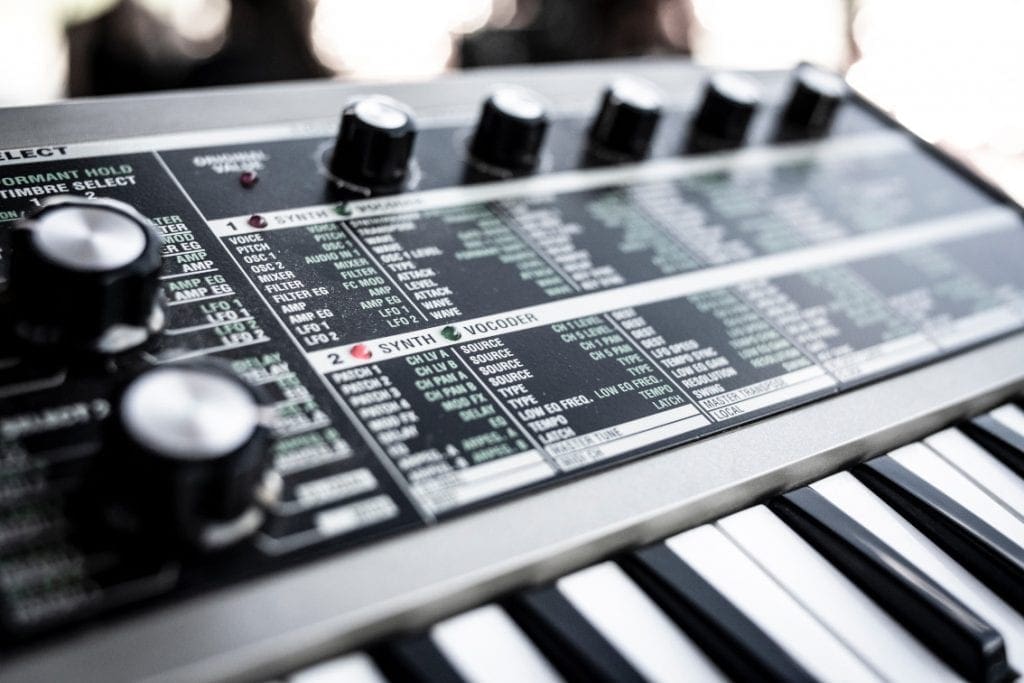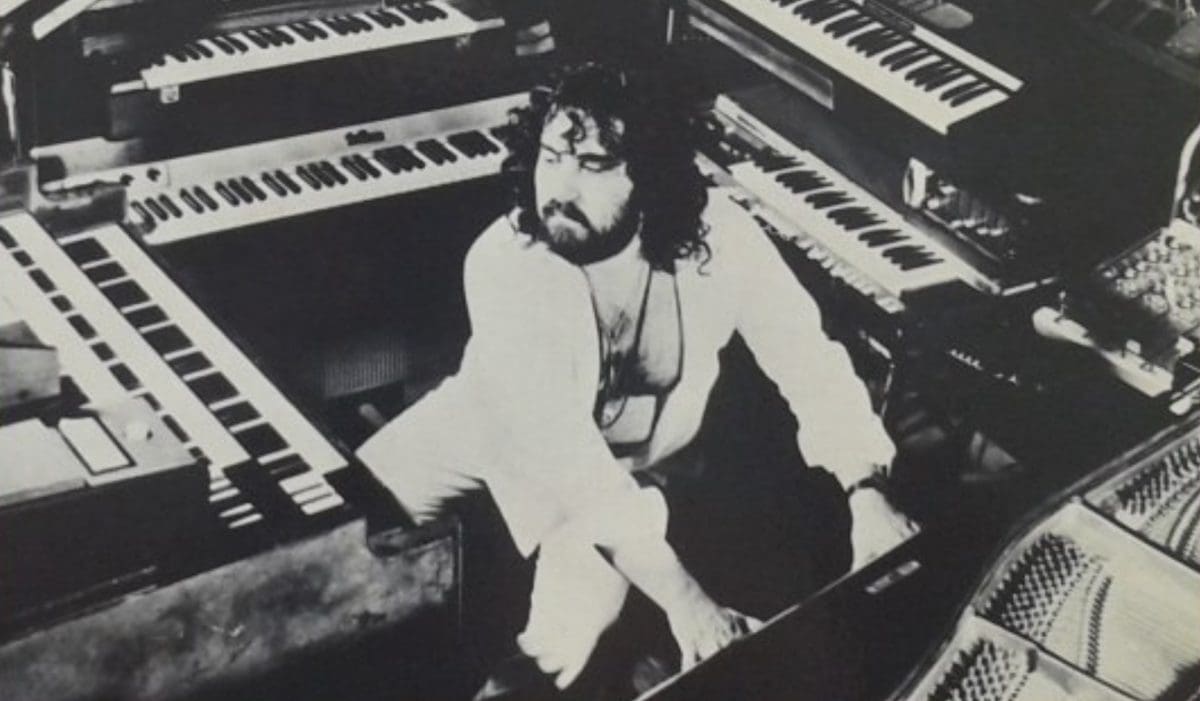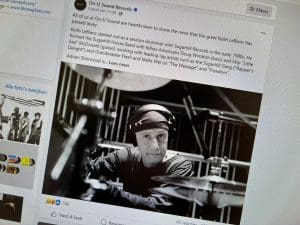The most popular synthesizers in the industrial music scene


Our industrial music scene lives by the grace of synthesizers, unless you throw in a few guitars of course. But synthesizers remain the most important tool for each musician active in the dark music scene. And you can bet on it, in a safe online casino in a manner of speaking, that the below synthesizers are part of the basic gear of each serious artist.
Let’s check them one by one.
Moog One
Moog remains a favorite and much coveted tool in today’s music scene and this is also the case in the dark wave scene. The Moog One is the first analog poly-synthesizer by Moog released in the last 35 years. This is a real gem and showcases the results from decades of profound research and innovation. Available are 8 and 16 voice versions each having 2 unique analog filters, with an analog mixer, 3 envelope generators, dual analog noise generator, and 4 LFOs. In short, it’s the Rolls Royce of this type of synthesizer so to speak.
It’s pricey, but in return you get a modern classic synthesizer which you will still use by the time you are ready for retirement.
Korg Minilogue XD
Next is Korg, together with the aforementioned Mood one of the best producers of synthesizers around. The Minilogue entered the market a few years ago, followed by the bigger more developed Prologue holding a 3rd digital oscillator a year later. The Minilogue XD is the most popular in the company’s portfolio maintaining all of the awesome features which you find in the original Minilogue. On top this new synth comes with that 3rd oscillator.
Yamaha CS-80
Another company which has delivered some serious good gear is Yamaha. We’ll discuss 2 pieces of gear, the first one being the Yamaha CS-80 which is indeed a massive piece of equipment weighing over 91 kilos, that’s kind of a lot! Expect a huge front-panel offering sliders, rocker buttons, and one of the best ribbon controllers ever created. Seriously! The CS-80 itself was unveiled in 1976, so it has a proven legacy, offering pseudo-programmability in the form of a trapped door hiding a miniature front panel.
Having said that, the Yamaha CS-80 was largely unstable, but the new versions do offer a stable version. You can hear the power of this beast on the Blade Runner soundtrack by Vangelis, as well as the composer’s soundtrack for the film Chariots of Fire, and the bass line of Peter Howell’s interpretation of the 1980 theme tune to the BBC science fiction show Doctor Who.
Yamaha MODX
The next gem from the Yamaha factory is the MODX which combines the power from the original Montage synthesizer with a more controllable and accessible package. It comes with two more than alluring synthesis engines combined to create a huge range of sounds, drawing from Frequency Modulation and Advanced Wave Memory. In other words, you can expect the Yamaha MODX to be a rock solid modern synthesizer.
PPG Wave 2.2
With the PPG Wave 2.2 we arrive in the factory of Wolfgang Palm, PPG. This company started in order to eliminate the limitations of analog oscillators and this by using short, digital waveforms packed in a linear wavetable. With the PPG Wave 2.2 the company reached its absolute maturity in 1982. Expect a classic resonant low-pass filter with Palm’s stored wavetables and a couple of envelope generators.
Good to know, there’s a virtual version for the PPG available as well which is produced by the German synth experts Waldorf.
Since you’re here …
… we have a small favour to ask. More people are reading Side-Line Magazine than ever but advertising revenues across the media are falling fast. Unlike many news organisations, we haven’t put up a paywall – we want to keep our journalism as open as we can - and we refuse to add annoying advertising. So you can see why we need to ask for your help.
Side-Line’s independent journalism takes a lot of time, money and hard work to produce. But we do it because we want to push the artists we like and who are equally fighting to survive.
If everyone who reads our reporting, who likes it, helps fund it, our future would be much more secure. For as little as 5 US$, you can support Side-Line Magazine – and it only takes a minute. Thank you.
The donations are safely powered by Paypal.













